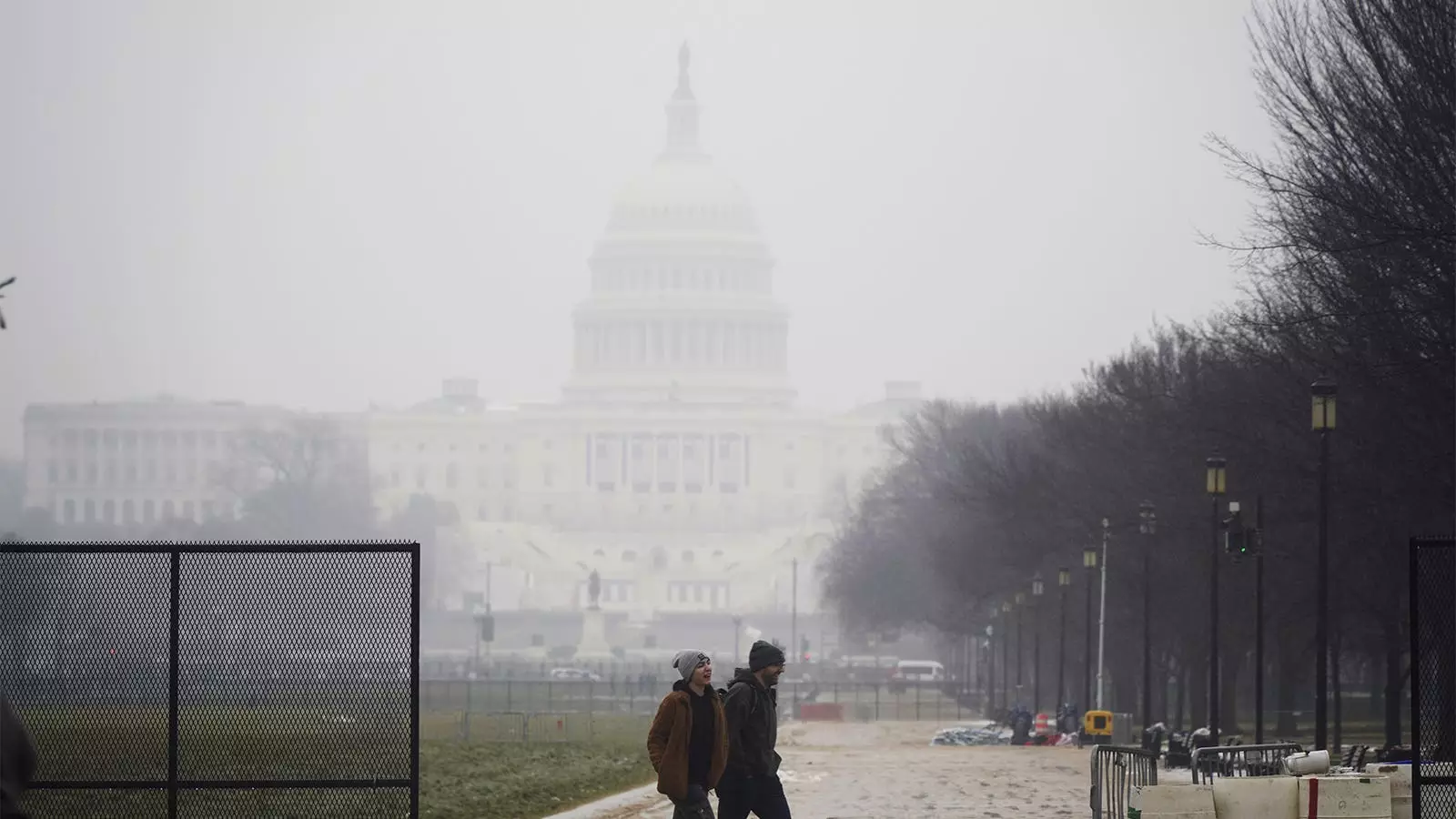The recent actions taken by President Trump during his first days back in office have ignited fierce debates. Among several executive orders, the decision to withdraw from the World Health Organization (WHO) has drawn both national and international scrutiny. This article examines the motivations behind Trump’s withdrawal, the statements made by various stakeholders, and the potential repercussions of this controversial decision.
In a series of executive orders, President Trump has laid out his staunch criticisms of the WHO, citing its handling of the COVID-19 pandemic as a primary reason for his withdrawal announcement. Trump expressed concern over the organization’s relationships with member states, particularly its apparent susceptibility to the political influences of countries like China. He highlighted what he perceived as financial inequities, noting that the United States, despite being one of the largest funders, pays significantly more than other countries, including China.
This perspective reflects a broader trend among some political figures who argue that international organizations do not always prioritize American interests. The statement publicly made by Trump indicates a priority for transactional relationships in international diplomacy, in which contributions are expected to reflect influence and benefits to the United States. While his supporters may view these actions as a return to America-first policies, critics argue that such a stance undermines global health safety and cooperation.
Health experts have not remained silent regarding Trump’s decision. One prominent figure, Dr. Tom Frieden, who previously directed the Centers for Disease Control and Prevention (CDC), has voiced significant concerns. Frieden asserted that pulling the U.S. out of the WHO diminishes safety not just for Americans, but for global citizens. His commentary underscores a fundamental divide: whether engagement or withdrawal is the best strategy for reforming international health entities.
Skeptics of Trump’s decision argue that the WHO provides critical infrastructure for pandemic response and public health initiatives worldwide. Frieden’s assertion that “real reform requires engagement, not abandonment” encapsulates the sentiments of many who support the organization’s role in global health. Moreover, his call for strengthening the WHO rather than sidelining it highlights the complex reality of global health governance where collaboration often trumps unilateral action.
Within the framework of domestic policy, Trump’s withdrawal from the WHO dovetails with his administration’s broader health-related decisions, including the negation of Biden’s health protection measures during the pandemic. This signals a clear pivot in public health strategy that may affect healthcare accessibility and equality across the nation. The rescission of executive orders designed to combat discrimination based on gender identity, enhance worker safety standards, and lower prescription drug costs has raised alarms among advocates for health equity.
Furthermore, Trump’s withdrawal from the WHO paves the way for his administration to begin reversing other regulatory frameworks instituted by Biden, including environmental regulations tied to international agreements such as the Paris Climate Accord. Critics contend that these actions not only threaten public health but also suggest a retreat from collaborative international efforts to address climate change—a contributor to future global health crises.
As the political landscape continues to evolve, the uncertainty surrounding relationships with global health organizations remains a pressing concern. Trump’s administration has made it clear that it intends to take a hardline stance on international agreements. Observers note that this may have lasting impacts on the effectiveness of global health responses, especially in light of future pandemic threats.
The narrative surrounding the WHO and Trump’s withdrawal will likely influence the conversations surrounding public health moving forward. With the specter of future pandemics looming large, the importance of cooperative frameworks and sustained international health initiatives cannot be overstated.
As President Trump reinstates a familiar stance of skepticism towards international bodies, the fallout may ripple far beyond his administration. This contentious decision places the U.S. at a crossroads, where the balance between national interests and global health cooperation remains intricately intertwined. The key question is whether this approach will ultimately prove beneficial or harmful in safeguarding the health of both the American populace and the global community at large.

